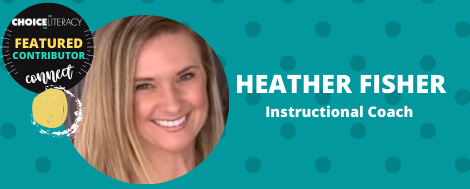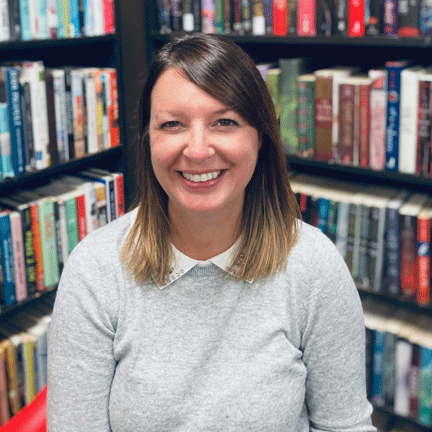Independence is happiness.
—Susan B. Anthony
Grow Their Legs
One May evening I was backing out of the driveway when my daughter Sophie let out a little yelp. I immediately hit the brakes as she said, “Mom, what is that up against the garage door?” At first glance, it looked like a crumpled brown paper grocery bag. But when Sophie added, “Is that a baby deer?” I realized that she was right. We immediately got out of the car to take a closer look. It was so tiny—maybe about 18 inches curled up—with light brown fur dotted with white spots. It appeared to be peacefully sleeping, which was an unusual sight since we live in the city. We wondered what we should do about it, but since we had softball practice to get to, we had to get back in the car and go.
When we returned home that evening, the baby deer was still there. The next morning it was gone, but a day later it showed up again, this time staying for almost eight hours, just sleeping and seemingly abandoned by its mother. My daughters thought we had a new pet, but I was more skeptical. I wondered whether there was something I should be doing to help the little fawn.
I was relaying the story to my mom when she told me that she had recently read an article about this phenomenon of baby deer being found alone in residential areas. It turns out that it is quite normal for mother deer to leave their babies alone while they go off to forage for food and that we should just leave the fawn alone. When they are very young, the fawns cannot keep up with their mothers and are susceptible to predators, so mothers leave them in places where they will be safe, which is usually in tall grass or bushes, but can sometimes be out in the open like our driveway.
This mother deer thought that our driveway was a safe place for her fawn. She is not unlike the caregivers of my students who send their sons and daughters off to school hoping that they will find a safe place in my classroom where they will be nourished and “grow their legs.” This is especially true for me as a teacher of high school seniors. My students are almost ready to move on to the next stage in their lives. They still need encouragement and coaching in their reading and writing lives.
On the other hand, there is something to be said about giving students space within a safe environment. Being left alone to make their own choices about what they will read and what they will write is its own form of nourishment. We’re often quick to intervene when we see students struggle, but within a safe environment some independence will help students to develop those strong legs that will allow them to enter the world and keep up.
This week we look at making workshop work—plus more, as always.
Shine on!
Gretchen Schroeder
Contributor

This month’s featured contributor is Heather Fisher. Heather is a K-4 instructional coach at Mulready Elementary in the Hudson Public Schools in Massachusetts. She also has experience as a first-grade teacher, second-grade teacher, reading specialist, and literacy coach. In her everyday coaching practice, she seeks to radiate positivity in her mission to celebrate the small things as students and teachers continue in their daily growth.

Join the Choice Literacy Book Club! Heather Fisher selected So You Want to Be an Owl by Jane Porter and Maddie Frost as our September read. Grab a copy, and join the conversation using the hashtag #ChoiceLiteracyBookClub.
Cathy Mere and Ruth Ayres discuss this week’s theme on the Choice Literacy Big Fresh podcast.
Suzy Kaback asks her students to write letters of recommendations for themselves, and finds the activity ripples across the school mentoring community. This exercise is a terrific catalyst for creating personal improvement plans. This article was first published in 2012.
Tara Barnett and Kate Mills give guidance and support for varying the structures and routines in literacy workshops. This article was first published in 2020.
Don’t miss our Process Play course: Elementary Contributors Empower Choice. Enjoy this roundup of practices as contributors return to their roots of choice, even in the uncertain times of pandemic teaching. Learn alongside Tammy Mulligan, Bitsy Parks, Matt Renwick, and Stella Villalba. This course is free for members and available to purchase for others.

New members-only content is added each week to the Choice Literacy website. If you’re not yet a member, click here to explore membership options.
Bitsy Parks reminds us of four key components of running a workshop and offers advice for making workshop work.
Julie Johnson reflects on how to help students know they belong and are valued in a classroom community.
In a new video, instructional coach Staci Revere reminds us of the importance of modeling our own reading lives for students, especially the parts where we struggle as readers.
In an encore article, Tara Barnett and Kate Mills give a step-by-step guide for creating choice boards in writing workshop.

Matt Renwick offers an effective protocol for communicating feedback.
In this Coaching Minute video, Ruth Ayres explains the importance of keeping writers in motion and ways in which instructional coaches can reinforce routines that will help students keep writing.
Don’t forget our downloads! Instructional coach Jean Russell explains the importance of establishing norms and a framework for coaching cycles. Included are downloads for a coaching framework and a coaching checklist for an initial interview.
In a Deep Dive course, Matt Renwick guides instructional leaders to implement and strengthen instructional literacy walks. Through literacy walks, leaders seek out promising practices, note and name them during formative visits, and lead coaching conversations with teachers. The outcome is not only school improvement, especially in literacy, but also a community of learners who engage in continuous improvement as a natural stance. Free to Literacy Leader members.
Quote It:
It is not in the stars to hold our destiny but in ourselves.
—Shakespeare
That’s all for this week!




